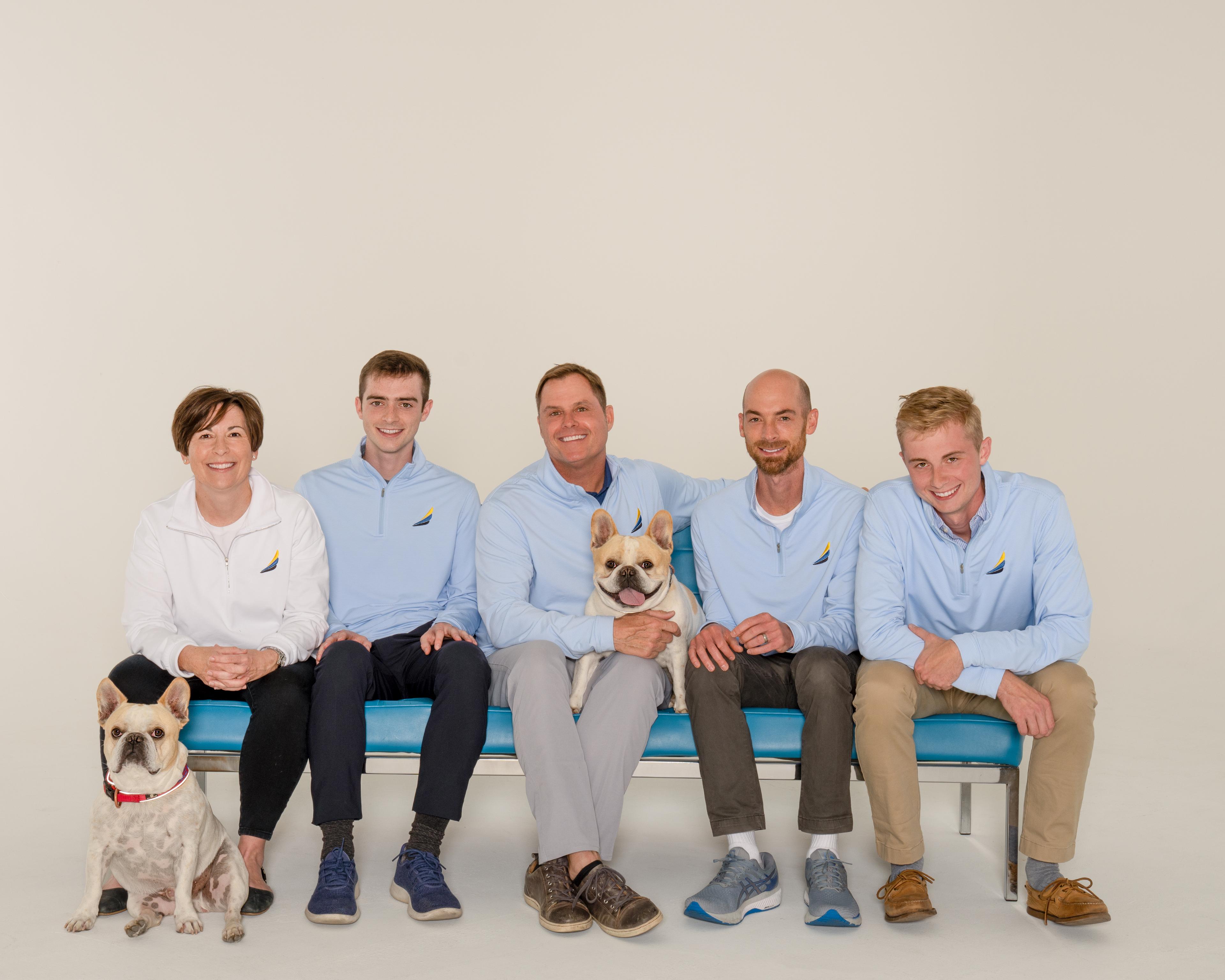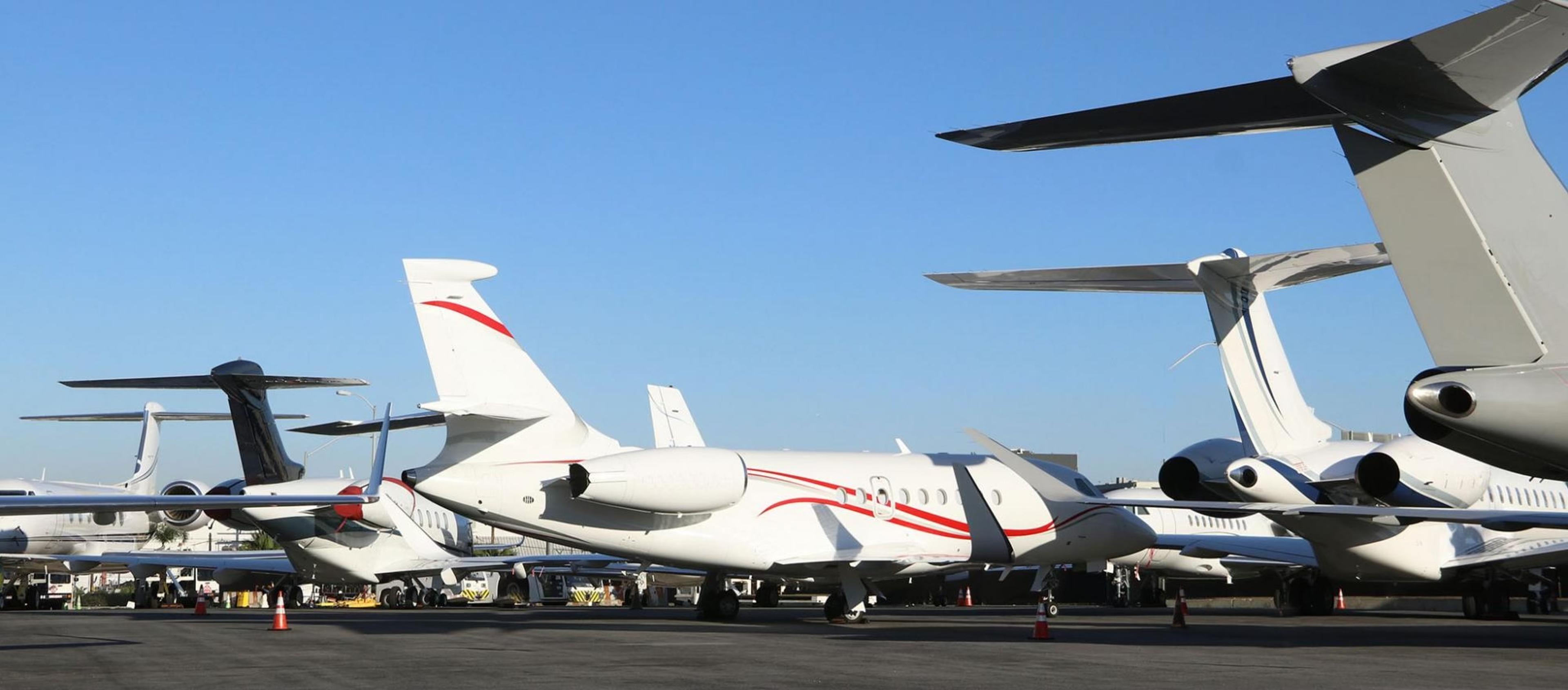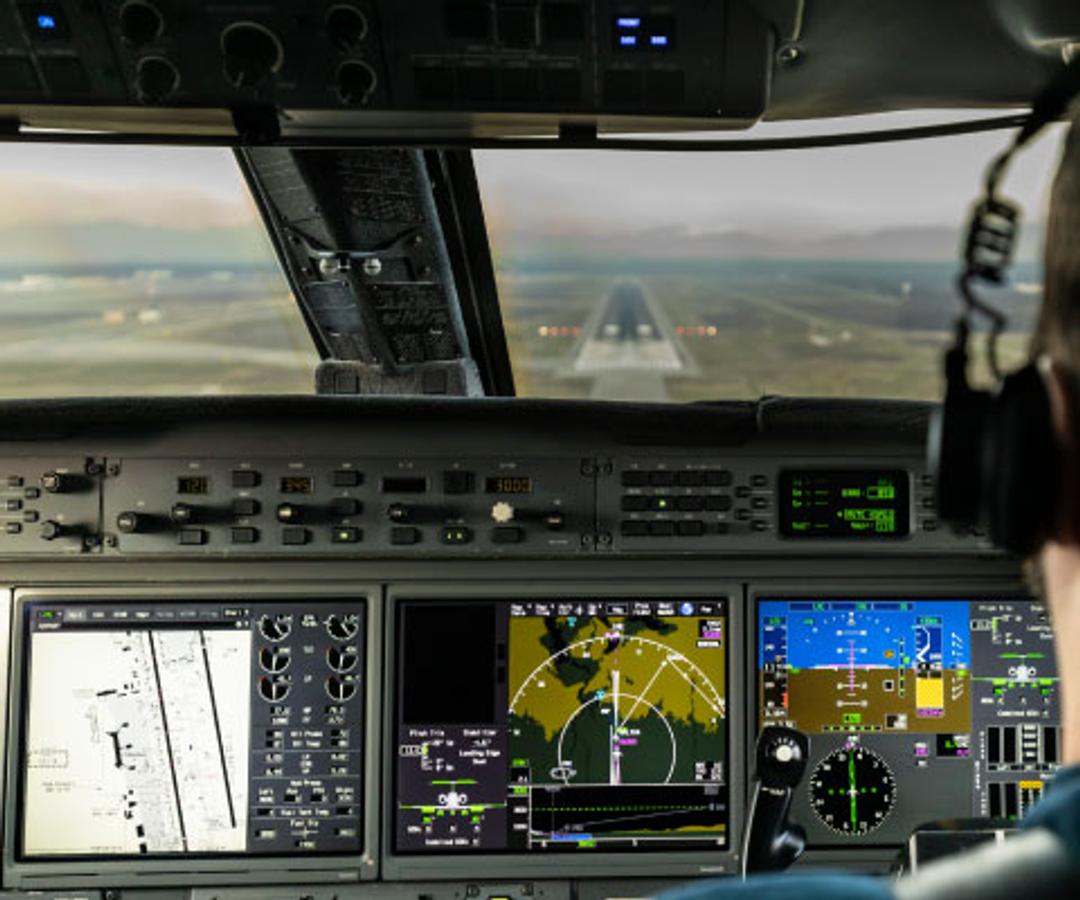

You’re a professional pilot. You want to fly jets— but the airline life is just not for you. What to do? Go corporate! No longer are the days of the cowboy part 91 corporate flight departments. One doesn’t just hop in a rusty prop job to take Pop of Mom & Pop Co. to his business meeting in Toledo. Although these types of private pilot jobs still exist, many companies structure their operations in a manner such that it mirrors airline life. Rest policies, Safety Management Systems, FOQA data— all things that the airlines have utilized for years— are gradually making their way into business aviation and the life of the corporate pilot. And the equipment— business jets are often way more souped up than their airline counterparts, because companies have more money to focus on one or two jets, as opposed to large fleets. HUDs, flashy MFDs, and FLIR cameras are just a few gadgets that crews and corporate pilots can play with at altitude (and they also get the job done).
Could you imagine hopping in the shiny Gulfstream and jet setting around the world? The destinations can be more exotic, and you might get to spend more time in these locations. The boss needs to go to Rio for a couple weeks? Well darn, you have to go. London could be calling next. You may or may not have flight attendants, and the demands of some clients can be excessive. But going above and beyond to make passengers comfortable can lead to great praise (and maybe even a hefty tip!). But the key to snagging these corporate pilot jobs is networking. As it is in nearly every industry, it’s not what you know— it’s who you know. The competition is more extreme in the corporate pilot job market: you likely won’t find corporate flight departments recruiting at big job fairs, so it’s imperative to find and foster good relationships with professionals in these circles. These are small teams of tight knit people who work very closely together. Once you’re in, you’re in.
Networking isn’t complicated. In most cases, it’s just about getting along. You never know where your flight instructor, a line pilot, a mechanic, or any member of your crew might be working in the future. They might even be in a position to hire you. On the job as a corporate pilot, your employer wants you to get along mainly because air travel is smoother and safer when the crew has a good dynamic and communicates well. You don’t have to be best friends with everyone in your flight department, but there’s a level of trust that you’ll need to build while on the job. This works to your benefit in the future and is a big part of building your network. A big part of “networking” is knowing ahead of time who might be working with or for your prospective employer. A level of familiarity with the flight departments, aircraft, companies and potential jobs in your geography of interest is another piece of the networking puzzle.
BizJetJobs.com has a Directory of corporate flight departments (Aviation Employers Database) and Chief Pilots that you can search by geography of interest and aircraft. In addition to posting new corporate pilot jobs every day, the site has contract pilot jobs and employers searching by type rating for the perfect pilot.
BizJetJobs.com also keeps a record of old jobs, so you can see what types of jobs your company of interest has advertised for in the past. You can network through friends. You can network on the job. But you can also network during the corporate pilot job search process. Get names, numbers and email addresses of the people you speak with. Be friendly and find a way to connect with them. When you mention to the employer or H.R. contact that you applied for or interviewed for a job last year, you’re creating a level of familiarity over an unknown person submitting their resume cold. So while job-hunting, tracking who you’ve talked to, worked with before or even just met or spoken with briefly. Your friendliness and interest in working with a certain person or flight department can go a long way.
The airlines will always be there if you get tired of the corporate life. But given the salary, the schedule, and the camraderie of a corporate pilot job, why would you ever want to leave? Angie Marshall, President of Cage-Marshall Aviation Consulting, is an Aviation Employment Consultant with over twenty years of experience preparing pilots and crew for their professional aviation careers. She is an expert in interview preparation, career and furlough guidance, background research, application support, resume and cover letter development, and special concerns consulting. She has worked with pilots and flight instructors from a variety of backgrounds seeking to be placed at regional, legacy, cargo, and international carriers, and with military pilots transitioning to civilian flying, including DoD, NASA and Air Force One pilots.
This guest author’s views are entirely her own and do not necessarily reflect the views of BizJetJobs.com





